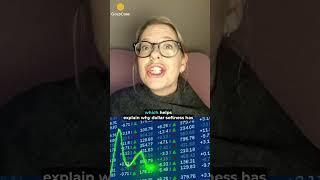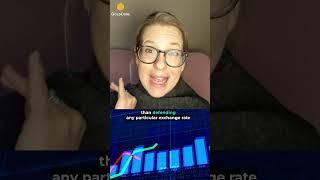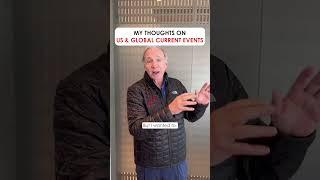| Marc Faber, Editor and Publisher of “The Gloom, Boom & Doom Report’” talks about deflation, quantitative easing and excess capacity.
What about QE being counterproductive in the sense that it actually increases deflationary pressures? The premise is that by keeping rates artificially suppressed, central banks make it impossible for the market to purge itself of inefficient actors. As a result, otherwise insolvent companies remain operational, adding even more to excess capacity. What do you think? Yes. I think that is a very good point. That if you print money, the money will not flow evenly into the economic system and this has already been observed by Copernicus who wrote about money and it was later also observed by David Hume and by Irving Fisher that when you print money, the money flows do not benefit all classes of society and all industries equally at the same time. What then happens is that you look for instance at commodity prices, ok, we had money printing and then prices rose but not only because of money printing, they rose mostly because of the incremental demand from China, but the Chinese boom came to some extent from money printing in the US which led to rising trade and current account deficits until 2008, until the crisis. Since then actually in terms of goods, the trade balance in the US has worsened again, further, but because of the oil industry the overall trade and current account deficit has been diminishing. The point is simply this, the over capacities that we have in some industries like steel in China, cement and in resources, iron ore, this was made possible by money printing. I am not saying only, by to some extent money printing was responsible. The housing bubble, the housing inflation in the US was made possible by money printing and keeping interest rates artificially low. Now we have a bubble in sovereign debt and we have a bubble in equities, certainly in US equities. Interview conducted by Johannes Maierhofer and Peter Matay Full Interview – http://www.marcopolis.net/the-big-picture-with-marc-faber.htm http://www.marcopolis.net/ http://www.marcopolis.net/marc-faber-deflation-quantitative-easing-and-excess-capacity.htm |
Tags:









































